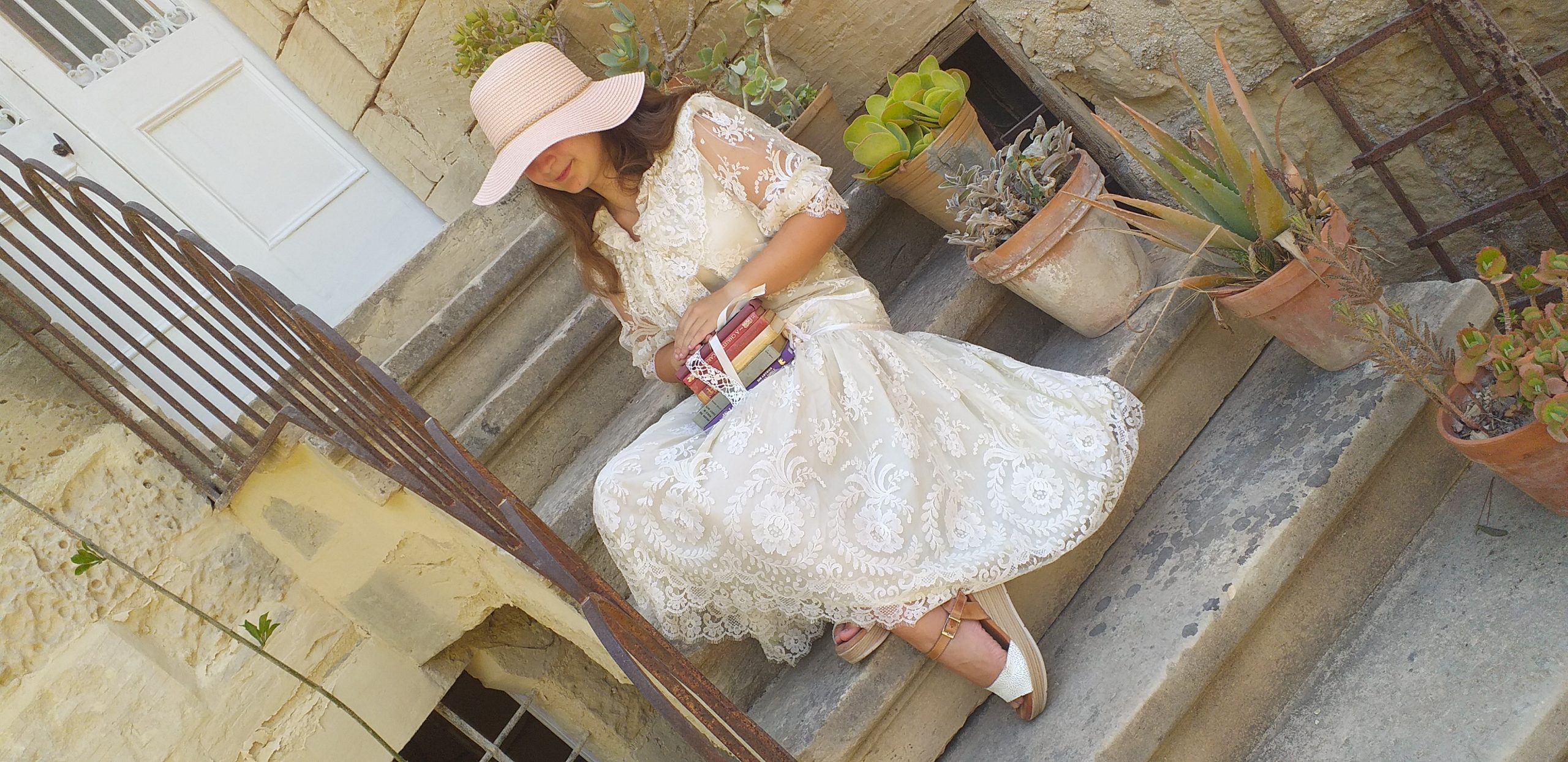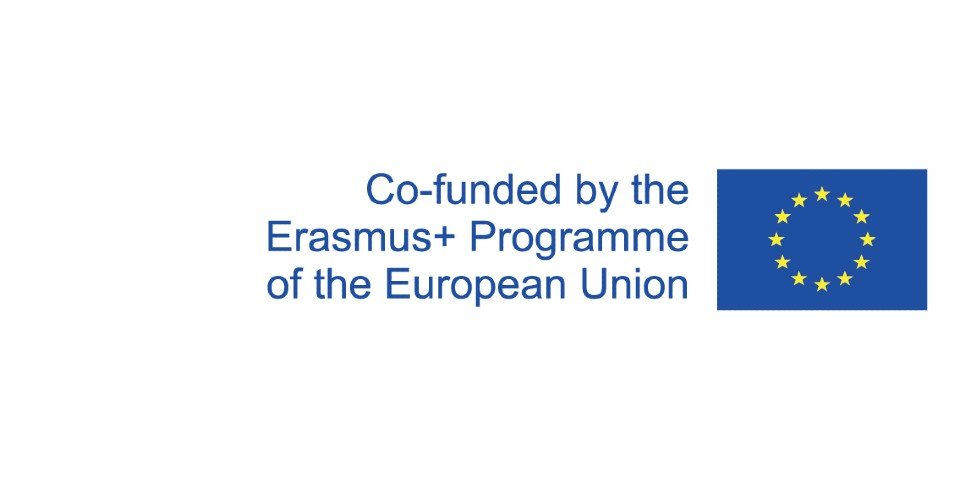


Discussions during Circle Time are a good way of getting to know more about a particular topic and to debate and listen to each other’s perspectives in a respectful environment. We can also brainstorm together during Circle Time to plan and evaluate activites or give and receive feedback. This can be done in youth meetings and at school. It is helpful to be seated in a circle and that way every member of the group can make eye contact with each other and communicate better. You may organize some chairs, puffs, towels or cushions so you are all comfortable.

Sometimes we take Circle Time a bit for granted because we just think of it as sitting around in a circle but it is an important way of GETTING TOGETHER, SHARING EXPERIENCES, PERSPECTIVES, KNOWLEDGE AND …….WHILE LEARNING MORE!!!

Circle Time is a PEDAGOGY, meaning it is a tool, method and practice of teaching. Learning happens everywhere all the time and at all ages. That means we are learners for life or life-long learners 🙂
A local study by Camilleri and Bezzina (2021) stated that Circle Time is a time “where the teacher and the students participate collectively in different activities and in doing so, build a network of distributed knowledge” (p. 8). Using their own words again here, they also added that Circle Time “develops self and group awareness, connectedness, enhanced emotional and social well-being, collaborative decision-making, problem-solving and conflict management skills” (p. 2). The results of the study showed Circle Time improved the teacher/student relationship in the classroom and the development of intra and inter-personal skills of students.
Circle Time can be anywhere! At school, in a youth centre or in a garden or even on the beach or virtually using an online platform. Additionally, as a group, you could also plan ahead some time at the start of the meeting to set ground rules for the smooth running of the meeting e.g. to set a time limit, to take turns, not to interrupt each other or raise voices to make a point. SCROLL DOWN, more on this below! 🙂




We’ve included powerpoint presentations in this section of the website and you can find dyslexia-friendly versions if you click on this link. We developed these resources through the life time of this project and used them as prompts and background information for our virtual CIRCLE TIME and as a way to introduce the topics we were discussing. We invite you to use them and feel free to share them in your youth groups and in schools.
Good practice: To help you with the drafting of your own ground rules you may click on the links below to read a sample of ground rules and activities that we found on the internet.
Here are some questions to help with facilitating the discussion!
Asking for detail
- Could anyone follow on from that?
- Who can add something?
- Can anyone help?
- Do you agree or disagree?
Exploring consequences
- What would follow from this?
- What if that were true?
- Why would that change anything?
Encouraging process reflection
- What made this a good question?
- How would we describe our listening (or thinking / reasoning etc?)
- What did we do well?
- How have people contributed?
- Has anyone changed their mind? Why?
Asking for clarity
- Can you say a bit more?
- What would be an example?
- Do you mean ….?
Exploring alternatives
- Would anyone disagree with that?
- What might someone else say?
- Does anyone have a different thought?
Looking to the future
- What would we like to work on next?
- What might we do differently?
- How can we move forward?


References: Stephen Camilleri & Amanda Bezzina (2021) Learning in a Circle – Apparent Simplicity, Pastoral Care in Education, DOI: 10.1080/02643944.2021.1938645

***
RESOURCES FOR CIRCLE TIME



